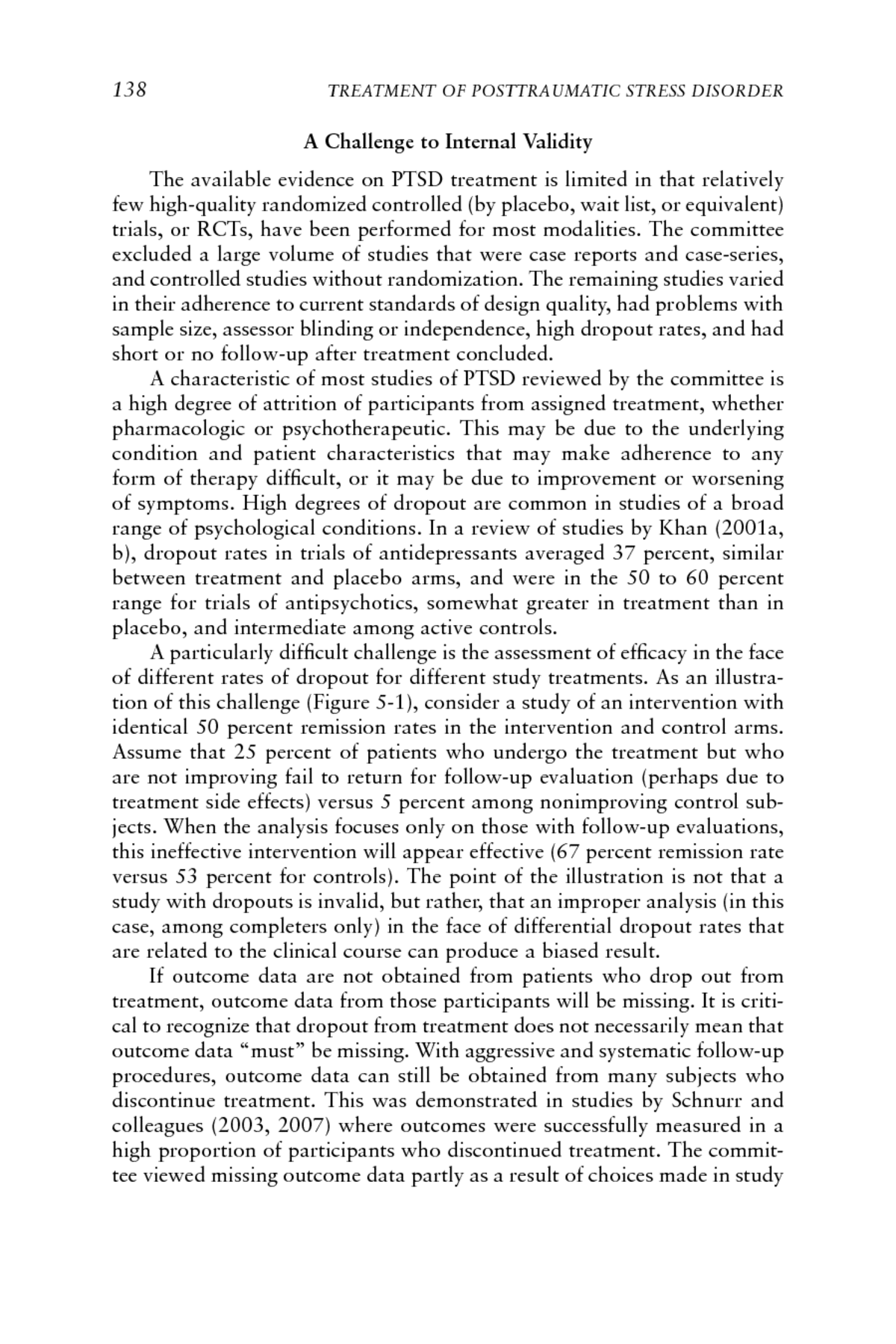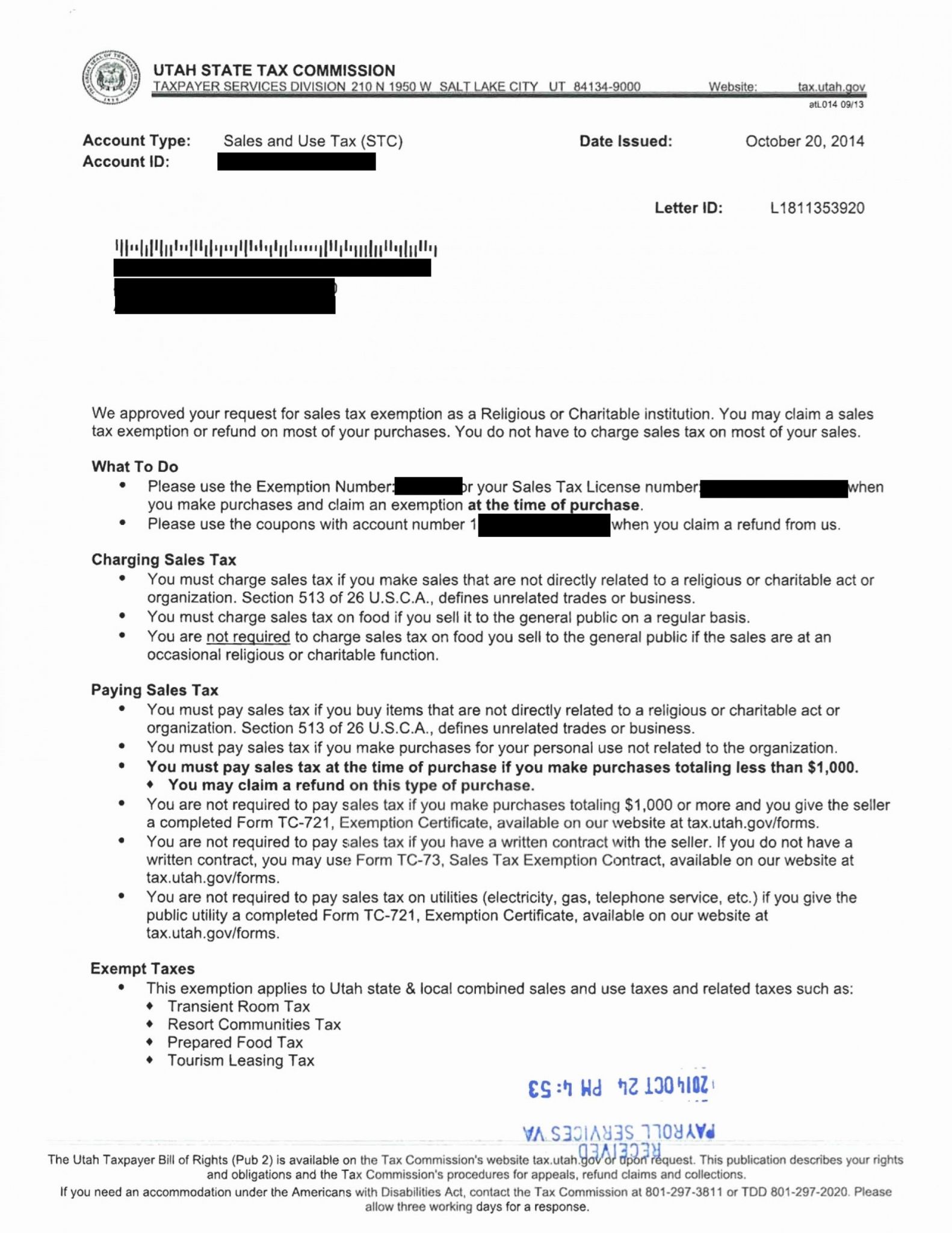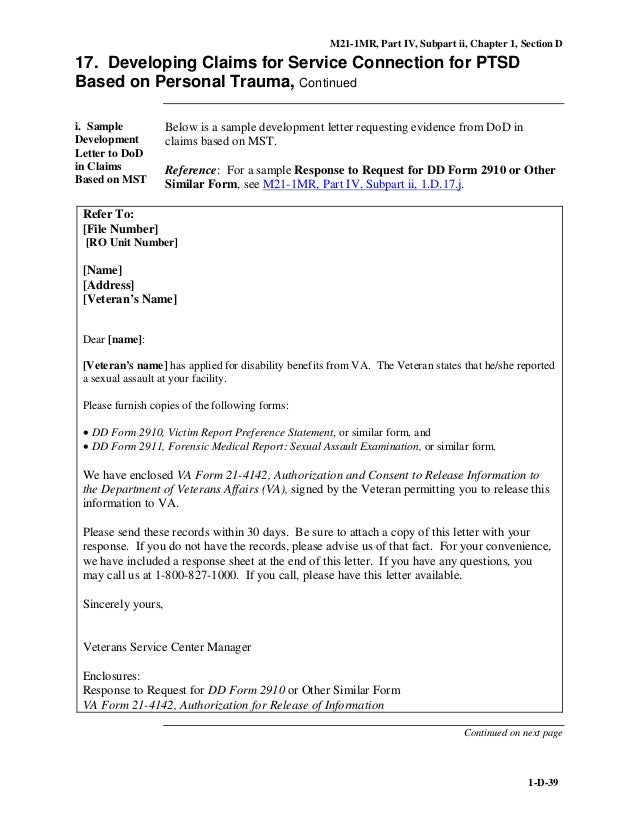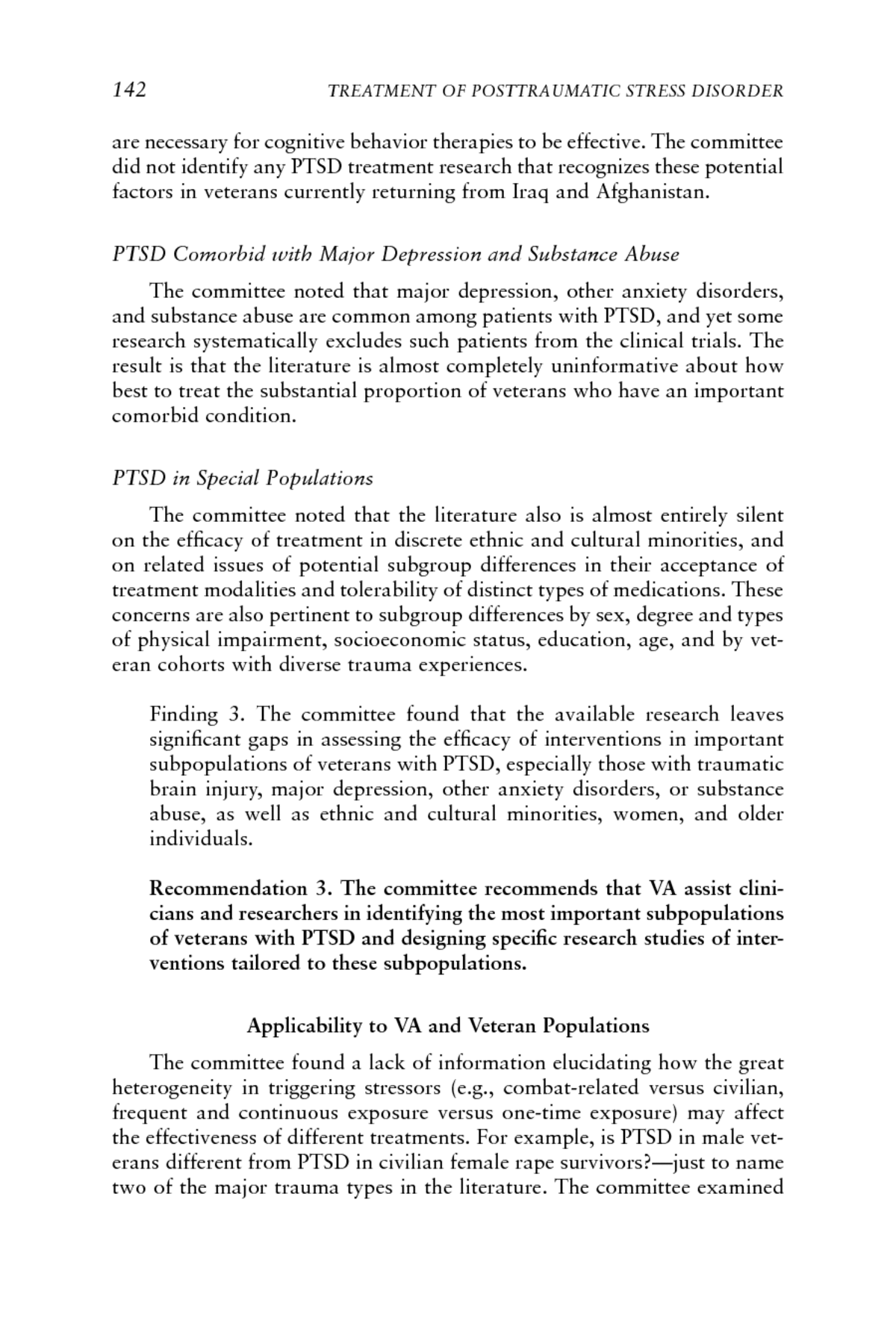Do you desperately look for 'ptsd personal statement'? You will find the answers here.
A PTSD stressor assertion tells a tale about change. You were one somebody before the nerve-racking events occurred, and in some respects a different soul afterward. Once you’ve described the nerve-racking events, you’ll demand to describe how they have struck you. Begin with a brief concise of your living before you entered the military.Posted on: November 11, 2020
Table of contents
- Ptsd personal statement in 2021
- Examples of ptsd personal statements
- Va ptsd stressor statement example
- Stressor statement
- Stressor letter va claim
- Va personal statement examples
- Va form ptsd questionnaire
- Ptsd buddy letter examples
Ptsd personal statement in 2021
 This image demonstrates ptsd personal statement.
This image demonstrates ptsd personal statement.
Examples of ptsd personal statements
 This picture illustrates Examples of ptsd personal statements.
This picture illustrates Examples of ptsd personal statements.
Va ptsd stressor statement example
 This image demonstrates Va ptsd stressor statement example.
This image demonstrates Va ptsd stressor statement example.
Stressor statement
 This image illustrates Stressor statement.
This image illustrates Stressor statement.
Stressor letter va claim
 This picture demonstrates Stressor letter va claim.
This picture demonstrates Stressor letter va claim.
Va personal statement examples
 This picture illustrates Va personal statement examples.
This picture illustrates Va personal statement examples.
Va form ptsd questionnaire
 This picture shows Va form ptsd questionnaire.
This picture shows Va form ptsd questionnaire.
Ptsd buddy letter examples
 This image representes Ptsd buddy letter examples.
This image representes Ptsd buddy letter examples.
What to expect with PTSD?
After a traumatic event, it is normal to have strong feelings of anxiety, sadness, or stress. Some people may even experience nightmares, memories about the event, or problems sleeping at night, which are common characteristics of PTSD.
What does PTSD mean to you?
PTSD Definition. PTSD (post-traumatic stress disorder) is a mental health problem that some people – soldiers and civilians – develop after experiencing or witnessing a life-threatening event, like combat, a natural disaster, a car accident, or sexual assault. It’s normal to have upsetting memories, feel on edge,...
What does PTSD mean?
Post-traumatic stress disorder (PTSD) is a mental health condition that's triggered by a terrifying event — either experiencing it or witnessing it. Symptoms may include flashbacks, nightmares and severe anxiety, as well as uncontrollable thoughts about the event.
What does PTSD do to a person?
PTSD causes people to persistently avoid thoughts, feelings and even people or places that trigger memories of the original traumatic incident. People with PTSD can feel emotionally numb or struggle with intense feelings of guilt, depression, or anxiety. A person may also have trouble remembering the traumatic event.
Last Update: Oct 2021